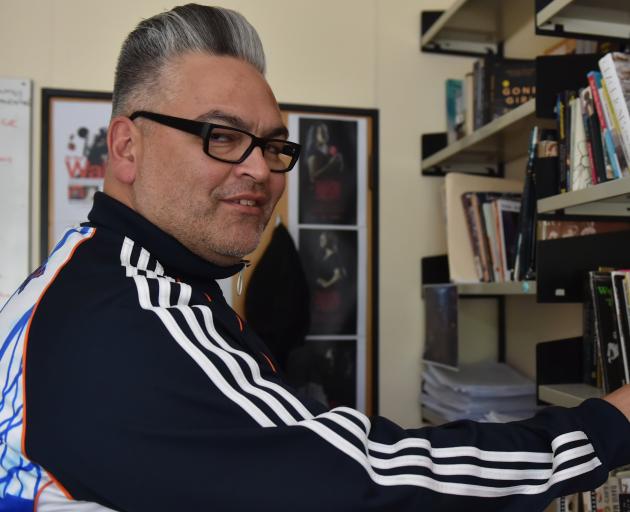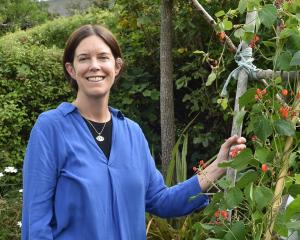
Helping support those traditions is the annual Robert Burns Poetry Competition. Launched last night, this year's compeititon will be judged by 2016 Burns Fellow Victor Rodger.
Rodger is a New Zealand-born playwright of Samoan and palagi descent. His first play, Sons, won four Chapman Tripp theatre awards, including Best New Play and Best New Writer, while his award-winning play Black Faggot has performed to sold-out houses in Melbourne, Brisbane, and Edinburgh as well as throughout New Zealand.
Q When did you first become aware of Robbie Burns?
A My grandmother, Nora Rodger, was from Broughty Ferry in Scotland. She was a big Robbie Burns fan so I feel like I've known his name, if not his work, ever since I was a ''wee bairn'' because of her.
Q Did he or writers of his generation have any influence on your work?
A When it comes to poets I would say it pretty much begins and ends with Sylvia Plath and her poem Daddy. That totally spoke to me in my early 20s more than anything else I'd read.
Q Do you write poetry yourself?
A I wrote the odd poem back in the early 1990s. I actually auditioned for Toi Whakaari NZ Drama School with a poem I wrote about my father, called Tama. ''In the sadness of the night/as you lay beside your wife ...''
And I used another poem that I wrote after a meaningful encounter with someone in my play Cunning Stunts.
''There/on the floor/the pillows you lay beneath my head ...''
But there is a reason that none of my poetry has been published.
Q How important do you see the role of poetry?
A Like any good writing, good poetry has the ability to make you laugh or think or get angry or nod with recognition or see something in a new light.
Good poetry lives on through the generations because it gives us a truth about some aspect of the human condition.
For example: Stevie Smith's Human Affection perfectly captures the love between a mother and child in four lines. I used it in my play, At the Wake.
Q What has been your experience with the works of Robbie Burns?
A I often walk past the statue of Robbie Burns in the Octagon and look up at him, sitting there. My grandmother would've gotten such a kick out of her eldest grandchild becoming the Robert Burns Fellow.
During the 24-hour book sale at the Regent, I picked up a collection of Burns' poetry. It's in my office. It's the one thing I'll leave behind when I head off: his work should totally be present there since the Fellowship is in his name.
Q What will you be looking for in works entered in the competition?
A To be honest, poetry is not a form I often engage with. Having said that I am a huge fan of my cousin, Tusiata Avia and her collections Wild Dogs Under My Skirt, Blood Clot and Fale Aitu/Spirit House.
These all feature poems that matter and that speak to me in some way. My theatre entity, FCC, actually remounted the play version of Wild Dogs Under My Skirt in Auckland earlier this year.
I really like poetry that makes me laugh. Hera Lindsay Bird's poem Keats is Dead So F*** Me From Behind made me laugh so much I went out and bought her book and this is coming from someone who could count the books of poetry that he's bought on one hand.
At the other end of the spectrum, Claudia Rankine's sublime meditation on race in America, Citizen, really struck a chord with me too.
Q What do you think writers should be looking at when writing a piece for the competiton?
A Make me feel something - anything - other than bored! And I suspect that will lie in writing about something that is truly meaningful to the writer.
The competition
• The 2017 Robert Burns Poetry competition is a collaboration between Dunedin Public Libraries and The Dunedin Burns Club in which contestants must write a poem inspired by the life or works of Robert Burns in either English or Scottish.
• Entries, which open on November 30 and close on January 4, will be judged by 2016 Robert Burns Fellow Victor Rodger. All poems must be original and unpublished.
• There are three categories: Published Poet, Unpublished Poet and Young Poet.
• Winners will be announced on January 25, Robbie Burns’ birthday.











